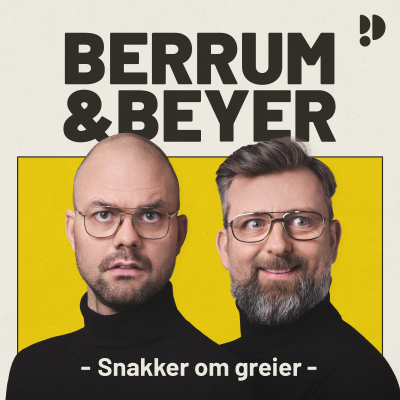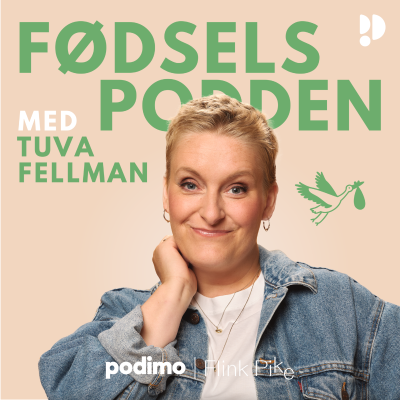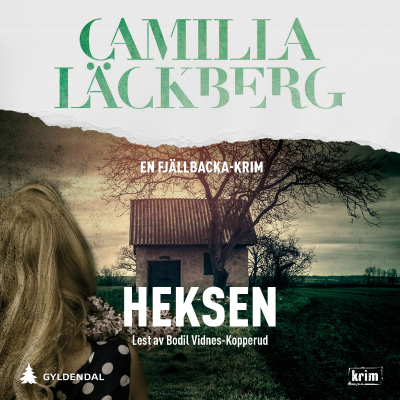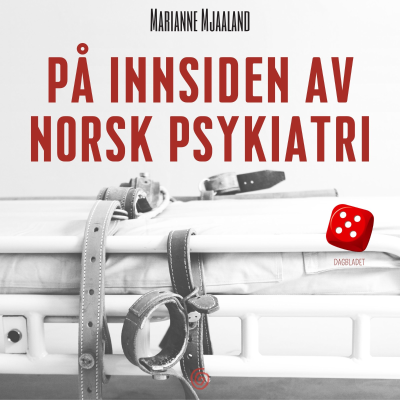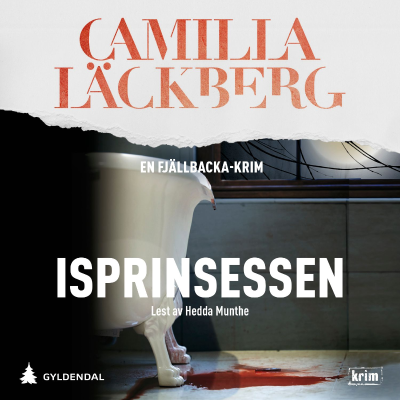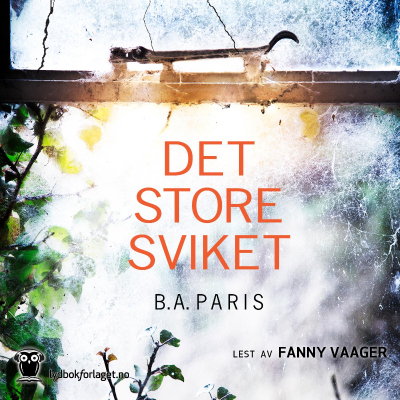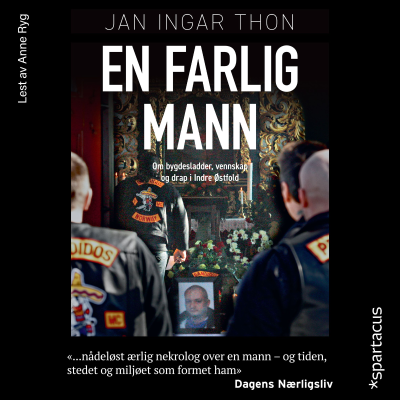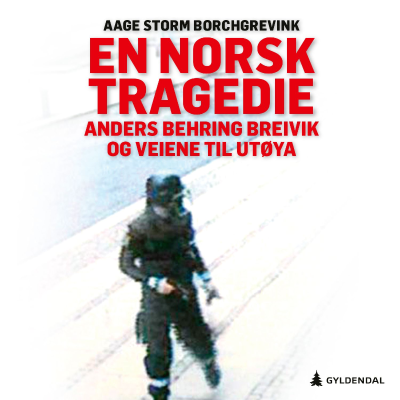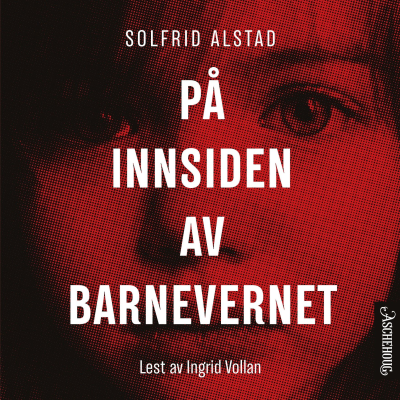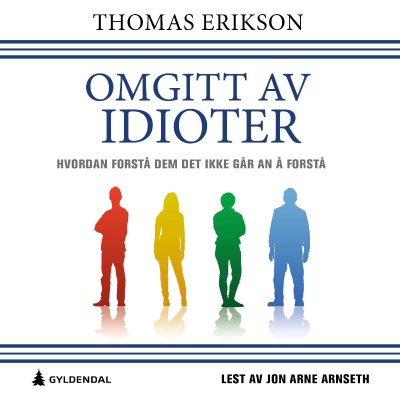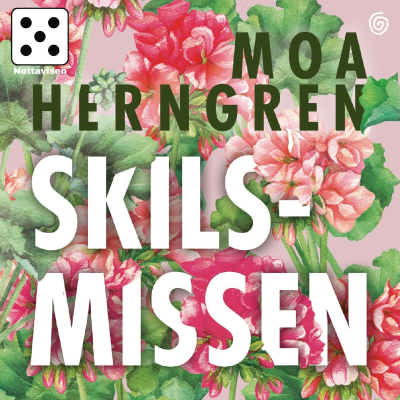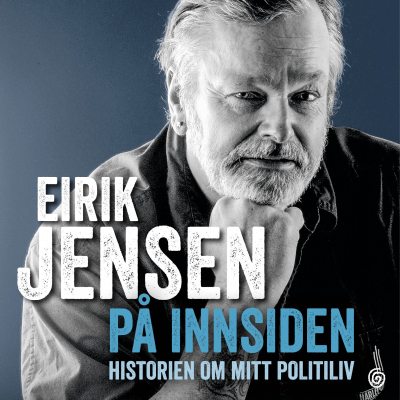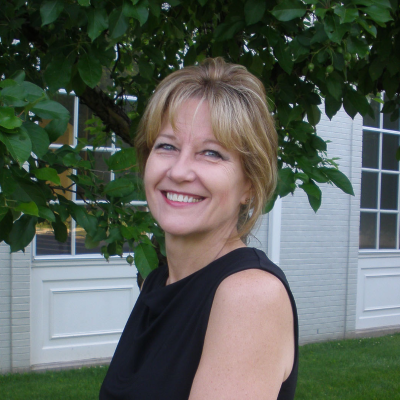
My Journal - Agatha Nolen
Podkast av Agatha Nolen
Prøv gratis i 7 dager
99,00 kr / Måned etter prøveperioden.Avslutt når som helst.

Mer enn 1 million lyttere
Du vil elske Podimo, og du er ikke alene
Rated 4.7 in the App Store
Les mer My Journal - Agatha Nolen
Putting God First and the Holy Relationships that flow from Our First Love
Alle episoder
197 Episoder[https://images.squarespace-cdn.com/content/v1/502586c9e4b0fa37fe36e58e/ef6909d5-b2ee-4b8d-8d25-975c2e6d4706/Mariann+Budde+Washington+National+Cathedral.jpg?format=1000w] The Rt. Rev. Mariann Edgar Budde, Bishop of Washington (Photo courtesy of Washington National Cathedral) I’ve just completed a Master of Divinity (M.Div.) degree at Duke University in Durham NC, and I am grateful for the knowledge and wisdom that I have gained from my professors and students in my cohort. Since we were hybrid students (going for Immersion Weeks three times per year with zoom classes in between), our class demographics were a bit atypical for a seminary. We were older and almost everyone had served in non-profit organizations or been worship leaders or pastors for many years. During my enrollment, I served as Director of Outreach at my church for three years while I was in school. During these four years of education, I was also in the discernment process for two years to become an Episcopal priest. Although I was not successful and the process has been closed for me in my diocese, I’ve been contemplating what I learned during my discernment for the priesthood. I realized that during my time at Duke and through discerning my calling, I have learned how to “think like a priest.” I joined the Episcopal church in 2008, and it has been a steady and welcoming home for me since. I’d spent time in Roman Catholic churches and Southern Baptist churches, but when I saw females celebrating and preaching, I knew that I had found the place I needed to be. I felt like in order to become a better disciple, I needed to start looking at situations as if I were ordained as a priest. This started many years ago but accelerated during my time at Duke and my two years in discernment. This new “mindset” would happen most often when I was faced with a “difficult” situation, either one where I was in disagreement with someone, or when I didn’t know which action to take when faced with multiple options. I developed a list of questions that I would ask myself during these times of disagreement or doubt or when encountering a person I’d never met before: 1. Can I see the other person as being made in the image of God (imago dei)? 2. Can I feel that this person has the same right to human dignity that I do? 3. Can I acknowledge that this person is loved by God just as I am? 4. Rather than the encounter being about me and my wants and needs, can I put myself in their shoes? 5. If the situation requires pastoral care, can I sit, listen, and be present without trying to interject my solutions or desires into the situation? 6. If it is inconvenient for me to provide help (or a listening ear) to this person, do I help or listen anyway although it may require me re-arranging my schedule? 7. Do I really want all of God’s creation to flourish (humans, non-human creatures and nature) and do I feel called to help all of God’s creatures to live into their identity? There is much more to being an Episcopal priest, but it has been helpful in my discernment journey of being a better disciple to “think like a priest.” Are there certain Christian doctrines that remind you of your call to be God’s witness in the world? Blessings, my friend, Agatha
[https://images.squarespace-cdn.com/content/v1/502586c9e4b0fa37fe36e58e/a80de665-77f8-4d23-81fc-f615a19fcf9b/Tomb+of+St.+John.jpg?format=1000w] [https://images.squarespace-cdn.com/content/v1/502586c9e4b0fa37fe36e58e/9ded15ab-e390-49dc-9539-bd27a0d0e457/St.+John%27s+Basilica+by+Ephesus.jpg?format=1000w] I see it often on social media, “We are all children of God.” It is meant to be an inclusive statement to provide assurance that God does not discriminate, loving some of us and hating others. In our readings on Pentecost Sunday, there is a nuance that I hadn’t thought of before. We are all made in God’s image, but we are not all children of God. God is the creator of all things and therefore is the creator of all humans, but it is important to recognize when the New Testament talks of “Father” and the people as the “children of God,” the verses are talking about those who have recognized Christ as their Lord and Savior. In Romans 8:14-17 we hear, “All who are led by the Spirit of God are children of God. For you did not receive a spirit of slavery to fall back into fear, but you have received a spirit of adoption. When we cry, “Abba! Father!” it is that very Spirit bearing witness with our spirit that we are children of God, and if children, then heirs, heirs of God and joint heirs with Christ—if, in fact, we suffer with him so that we may also be glorified with him.” In John 1:12-13, “But to all who received him, who believed in his name, he gave power to become children of God, who were born, not of blood or of the will of the flesh or of the will of man, but of God.” So, it is those who are led by the Spirit of God and believe in God’s name that are called God’s children. Everyone is made in God’s image, but it takes our recognition of the Holy Spirit working in our lives before we can claim to be a child and heir. It is on Pentecost each year that the Spirit comes anew to refresh us and reinforce that we are not only made in God’s image, but we truly share in our birthright with all those who believe. I’m still processing photos from my recent trip to Turkey and Greece with Duke Divinity School, so I don’t have a favorite yet. Walking in the footsteps of both the disciple John and apostle Paul reminded me of the inheritance that we share with them. The photo is from the tomb of St. John at St. John’s Basilica near Izmir in Turkey, near the ancient city of Ephesus. Blessings, my friend, Agatha
[https://images.squarespace-cdn.com/content/v1/502586c9e4b0fa37fe36e58e/c9aee685-3485-4854-ad2d-a41f23141f37/mourningdoveinsunrise.jpeg?format=1000w] As I approach my graduation at Duke Divinity School, I’ve been reflecting on some of my class assignments over the past four years. Many of them were very academic papers comparing historical doctrines, or exploring Christianity in another part of the world (in the class I took we explored Christianity in Latin America). Other assignments were more formative, encouraging us to deepen our personal spiritual life in reflecting not only on our education but on the world around us. For one of our formation classes, our assignment was to write one prayer per day for five days in a row. That was the entire prompt; we could write about whatever God put on our hearts each day. For the last day, I was reflecting on how we often get so tangled up in our day-to-day world that we forget that God’s world is very different. I looked for some Scripture verses to remind me that God really is everywhere if we will just look, feel, smell, hear, and taste, using all our senses. Here’s my prayer from Day 5: Praise for our ability to perceive God through all our senses. Dear heavenly Father, I praise you as you have filled the world with immense beauty. It is only through my senses that I can behold your gracious hand in all these works. It is through my hearing that the mourning dove welcomes me to another orange sunrise. My sense of smell is the most likely to return me to a memory of a forgotten love or a new one just discovered. I am thankful for my ability to touch you when I give or receive a hug from a good friend or help a two-year old tie their shoelaces. It is through taste that I perceive your goodness not only in the fruits of the earth but the spices and flavors that you have given to different parts of the world for us to explore, exchange, and welcome as we give thanks for the nourishment of the plants and animals that give us strength. It is through the magnificent gift of sight that you bring us to our knees as we see the boldness of your created world that inspires us to use our imagination to envision your kingdom here on earth. It is with joy that I sing praises to you, Lord, as there is no one who can love me better or more completely than you do by showing me the majesty of your world. Amen. I hope that no matter what tries to distract us that we will see God all around us and never far away. Blessings, my friend, Agatha Notes: Genesis 8:21, Psalm 34:8, 115:3-8, 119:103; Proverbs 20:12, Matthew 13:16, Mark 4:23, Romans 10:13, 2 Corinthians 2:15
[https://images.squarespace-cdn.com/content/v1/502586c9e4b0fa37fe36e58e/edcfbe53-4a7f-4190-a1e1-10218a3d463d/Descent_from_the_Cross_%28Rubens%29_July_2015-1a.jpg?format=1000w] The Descent from the Cross, Rubens (1612-1614), Cathedral of Our Lady, Antwerp, Belgium “After these things, Joseph of Arimathea, who was a disciple of Jesus, though a secret one because of his fear of the Jews, asked Pilate to let him take away the body of Jesus. Pilate gave him permission; so he came and removed his body. Nicodemus, who had at first come to Jesus by night, also came, bringing a mixture of myrrh and aloes, weighing about a hundred pounds. They took the body of Jesus and wrapped it with the spices in linen cloths, according to the burial custom of the Jews.” (John 19:38-40) It is only three short verses, but it asks us volumes about our faith. Most of the disciples have deserted Jesus; Peter has denied him three times. Where were they when Jesus breathed his last? Were they hiding but watching the crucifixion perched on a nearby hill, or were they worried about their own lives and had gone far away hoping that no one like the servant girl had ever seen them with Jesus. Joseph of Arimathea and Nicodemus are both members of the Sanhedrin, the supreme council in charge of Jewish affairs in Roman Palestine. They risked their wealth, their reputation, and their lives to remove Jesus’s body from the Cross and wrap it in fine linen. This public display of responsibility but also affection spoke volumes of them as followers of Christ. They were willing to go public with their faith, recognizing Jesus as the Messiah for whom the Jews had been waiting over two millennia. Since we know the end of the story, we are in a rush to “put him into the ground” so that he can rise again. But let’s spend time thinking how we would act at that moment of his last breath. What about you? Do you hang back in the shadows, hoping that no one sees you going to church or identifying with the one they call Jesus? Or are you like Joseph and Nicodemus, willing to risk your reputation and even your life to gingerly reclaim His body and to proclaim, “My Lord, and my God”? Blessings, my friend, Agatha (Note: In the image by Rubens, the crown of thorns has been removed and cast into the waste bucket at the foot of the cross. Our sins, represented by the thorns, have already been cleansed.)
[https://images.squarespace-cdn.com/content/v1/502586c9e4b0fa37fe36e58e/aa3b95c1-1d76-4873-bfc1-af0e8c2ba161/Believe+Douthat+2025.jpg?format=1000w] When I joined the Episcopal Church in 2008, I heard about the three-legged stool. The teaching discussed that the three sources of authority are scripture, reason and tradition. It made sense to me that you would not rely on just one or the other, and three legs gave it balance. The Rev. Chuck Collins in an article in The Living Church in 1998 took issue with the three-legged stool concept in that it isn’t written in the Book of Common Prayer and that three legs can end up in competition with each other. Rev. Collins’ recommendation is that we declare the Bible as the only authority and discount both reason and tradition as pillars of faith. I agree with the importance of the Bible and that it is the inspired words of God. But the danger in the single leg is that we have many differing interpretations of the same verses. One example is the use of verses to condone slavery that were often quoted in Congress to support the oppression of an entire race (Ephesians 6:5). I would like to propose a different solution to the three-legged stool by adding a fourth leg. The fourth leg is imagination. By imagination, I don’t mean that we can dream and come up with any solution we want, but instead that with our imagination, we can have a clearer vision of what God’s kingdom here on earth looks like and we can work toward bringing it into our today reality. What if we used scripture, reason, tradition and added our imagination. Can we visualize our earth as a place where there are no longer any poor, where everyone acts with righteousness, peace, joy and where hearts are transformed to not only follow Christ but to be like Christ? It will be a lot easier for Jesus to separate us into goats and sheep at the end of time if we live now like we are in a new heaven and earth (Matt. 25:31-46). Ross Douthat in his book Believe (Zondervan Books, 2025) says, “Once human beings inhabited a supernatural-infused cosmos, saw divinity in every tree and waterfall, lived under the influence of angels and demons, gods and stars and spirits. Now we inhabit a society defined by reason, science, and calculations, a natural world drained of metaphysical significance with selves buffered against the mystical and mythological…. Science supplanted prayer, for good reason, as the primary means of seeking healing, but people keep reporting that they’d been healed by intercessory prayer.” What would our world be like if we used our imagination to once again see divinity in every tree and waterfall and to believe that intercessory prayer makes a difference in healing? Blessings, my friend, Agatha

Rated 4.7 in the App Store
Prøv gratis i 7 dager
99,00 kr / Måned etter prøveperioden.Avslutt når som helst.
Eksklusive podkaster
Uten reklame
Gratis podkaster
Lydbøker
20 timer i måneden

